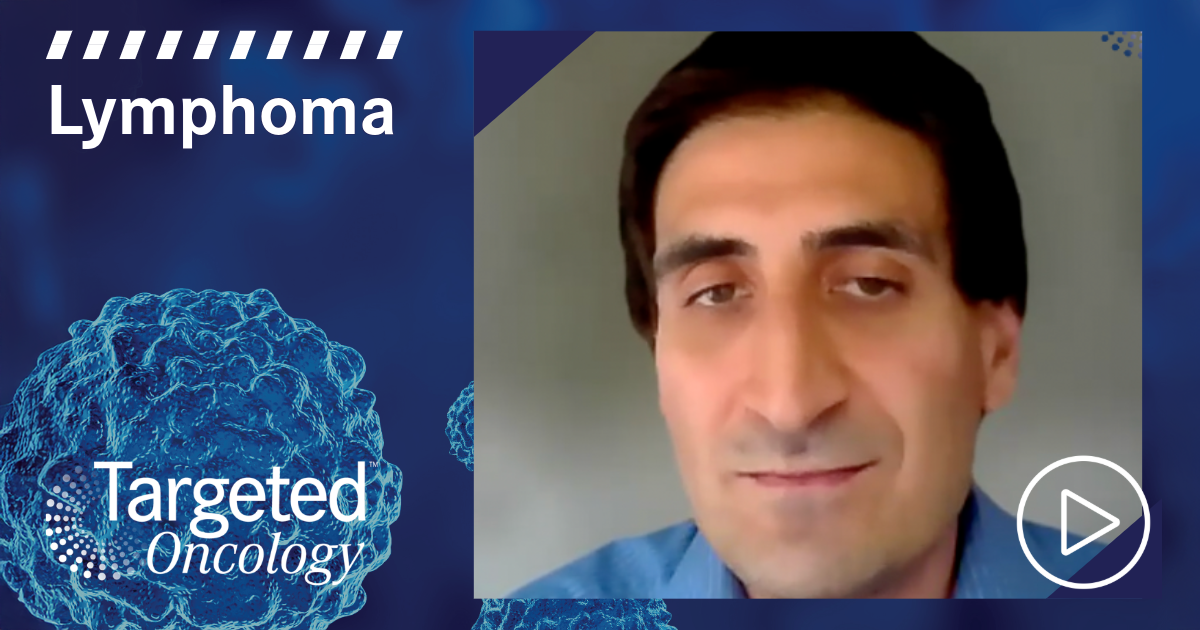In an interview, Andrew Jallouk, MD, assistant professor of medicine at Vanderbilt University, discusses the unmet needs the the lymphoma treatment landscape.
In the last decade, there has been a significant increase in the number of drugs approved for treating lymphoma. These new treatments, such as CAR T-cell therapies and bispecific antibodies, have demonstrated remarkable effectiveness in clinical trials and real-world practice. While they offer new hope for many patients, a major obstacle has emerged: the logistical challenge of administering them safely.
These advanced therapies often require a specialized infrastructure and close monitoring, which can be a significant barrier to access. As a result, one of the most pressing issues in the field of oncology is ensuring equitable access, particularly for individuals in rural or underserved areas who may not have convenient access to major cancer treatment centers. This disparity creates a gap between the potential of these life-saving treatments and the reality of their availability to all who need them.
In addition to the challenge of access, there remains a persistent need for more effective treatments for specific patient populations. While many of the new therapies work well for a majority of patients with lymphoma, there are still a number of individuals with rare or high-risk subtypes of the disease who do not respond to existing treatments. Developing new drugs and therapeutic strategies that are specifically tailored to these difficult-to-treat conditions is a critical area of ongoing research and development.
Finally, the field of lymphoma treatment is also focusing on the advancement of personalized medicine. The goal is to move beyond a one-size-fits-all approach and instead use new technologies and diagnostic tools to determine the most effective treatment for each individual patient. This involves optimizing the type, dosage, and duration of therapy to maximize its effectiveness while minimizing adverse effects. By moving toward a more personalized approach, oncologists aim to give the right treatment to the right patient at the right time, further improving outcomes and the quality of life for those battling lymphoma.
